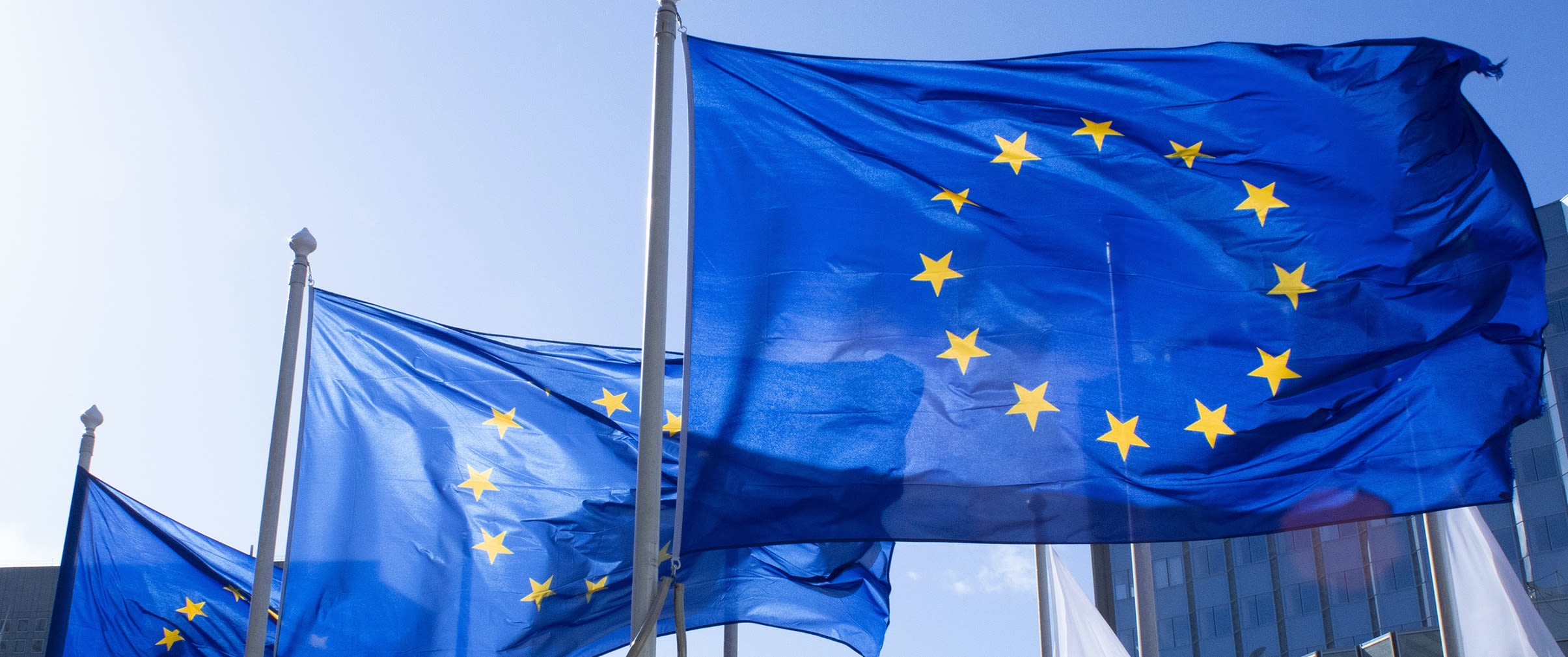Introduction
The digital economy is growing and is expected to boost EU’s GDP by over 14 percent by 2030. EU will try to ensure that big part of this growth will boost European companies instead of overseas tech giants. EU-level data sovereignty programmes will become prominent with strategic alignment, directives and interventions on foreign enterprises. There will be also practical solutions for identification, giving consent and linked-data to ease the development of a cross-industry data-economy. If the quest for data sovereignty succeeds, companies will be better prepared to share data and build new meaningful business models and concepts based on creative data combinations.
EU bases its actions on a MyData philosophy, which is based on users giving consent to use their data, as well as transparency and fair play on how it’s used. In the end, it’s not only about finances and profits but our European civil rights as well. In ten years, we might see problems in the collaboration between European countries. This is a threat to us as citizens because platform giants seldom listen to singular countries’ worries about data policies. Together we are stronger.
Next steps
A significant effort will be take place to make data-sharing and the invention of new data-based business models easier for European companies. It is also important to ease data sharing between different industries, as new ideas are often born from unexpected data combinations. There will be new roles, such as data brokers and cleaners to help out businesses in the new data economy.
Opportunities
- Start with MyData; you cannot implement it later
- Imagine partnerships beyond the retail value chain
- Draft concepts based on creative data combinations
- Clarify business benefits for each data partner – and the user!
- Build services using responsible technologies







